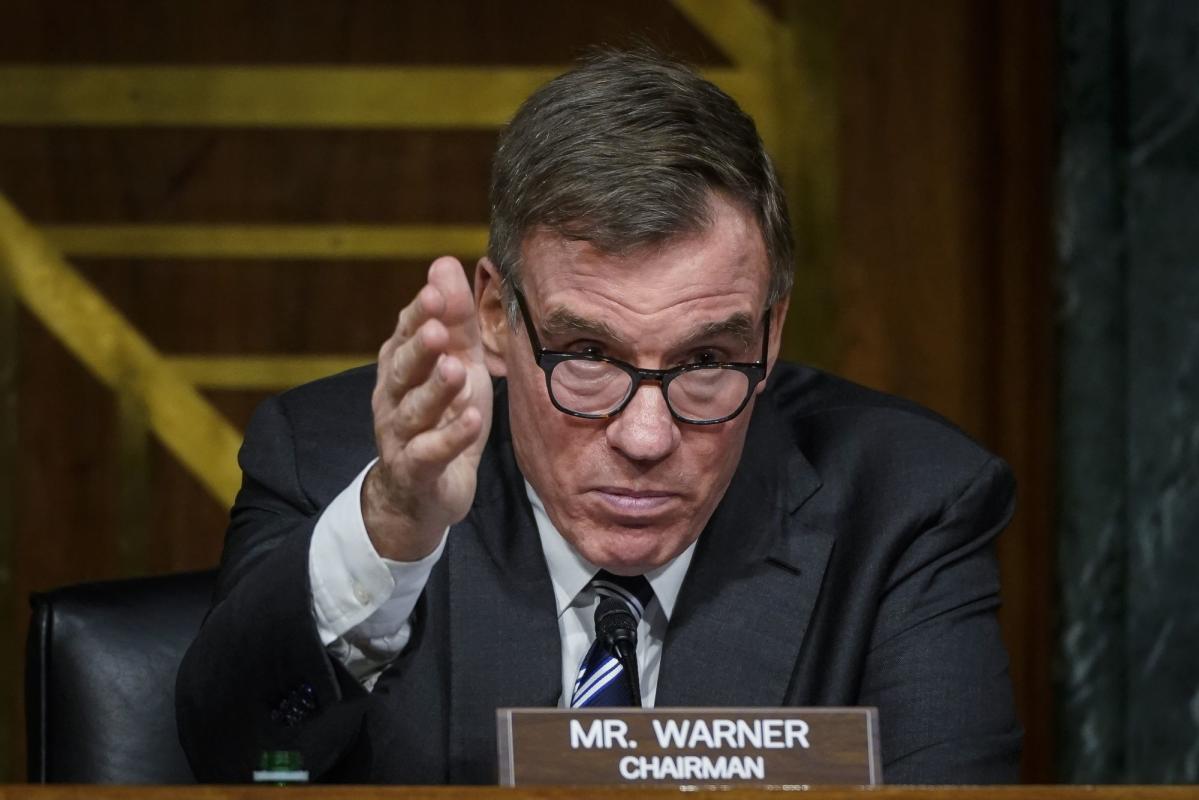
(Bloomberg) — Senate Intelligence Committee Chairman Mark Warner said he’s “disappointed” that companies such as Apple Inc. and Tesla Inc. tout their ESG bona fides but neglect glaring environmental or human rights issues when relying on China for supply chains and sales.
Most Read from Bloomberg
Multinationals may highlight their commitment to Environmental, Social and Governance goals but also reason that “the Chinese markets, it’s so big, we’ve got to turn a blind eye” to abuses, Warner said in an interview with Bloomberg in New York. “Whether it’s oppression of the people in Hong Kong or whether it’s the Uyghurs or whether it’s using electrical power coming out of Xinjiang to build the batteries that go in your Tesla.”
China has been accused of widespread human rights abuses against mostly Muslim Uyghurs in the far west region of Xinjiang,
Warner said he’s “disappointed with our friends at Apple” and has been “really frustrated with not just American companies, but other multinationals.”
Spokespeople for Apple and Tesla didn’t immediately return emails seeking comment on Tuesday. Sales in China accounted for roughly a quarter of Tesla’s automotive revenue in the third quarter. Apple are 99% made in China, according to Bloomberg Industries, and about a fifth of its revenue comes from China.
Warner reiterated his past calls to get the US off an over-reliance on Chinese supply chains and other initiatives. He said a blockade of Taiwan by China would be “an economic catastrophe” and hostilities with China would be “exponentially different” than with Russia.
“If China dominates a series of the technology domains they could run the table,” he said.
Warner predicted additional legislative action on the issue, including on synthetic biology, advanced energy, quantum computing and other emerging technologies.
Warner also critiqued some environmentalists for measuring the impact of electric cars based only on when the vehicle is used as opposed to “how the car got got to your driveway in the first place.”
“I think that’s starting to change,” he said.
Most Read from Bloomberg Businessweek
©2022 Bloomberg L.P.




